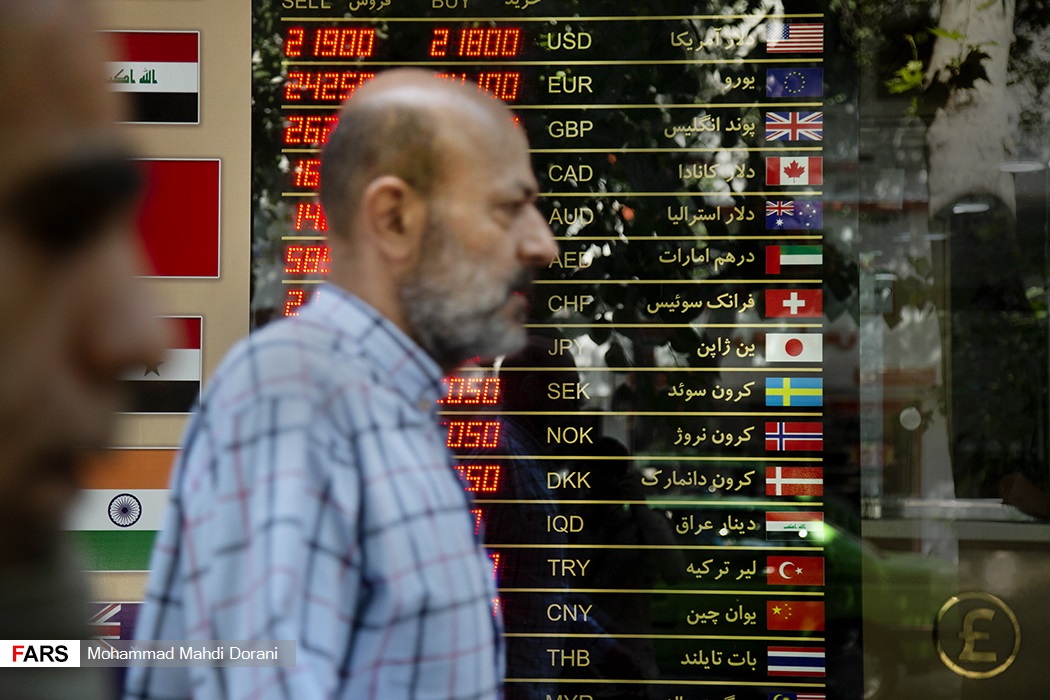Samad Hassanzadeh said, “Exiting the FATF blacklist is very important for the economy and economic growth. Joining the FATF can help with economic issues and increase our connections with the world.”
“The country needs to resolve the FATF issue with coordination among all decision-makers and officials so that the country can have a larger share of global markets, and we need the FATF for developing global trade relations,” he added.
Currently, Iran has met 39 out of 41 FATF requirements, with ongoing deliberations over the final sticking points, namely Palermo and CFT conditions, he explained.
However, opponents argue that agreeing to the conditions would backfire on Iran’s economy.
Iran’s Minister of Economy Abdolnaser Hemmati has also earlier reiterated the administration’s commitment to resolving FATF issues, noting that US opposition hampers Iran’s removal from the blacklist, which restricts smooth banking and financial exchanges, limiting foreign investment and participation in global value chains.
On Wednesday, Iran’s Expediency Council President Sadeq Amoli Larijani tacitly indicated that the council has softened his stance, saying the technical nature of FATF membership deliberations will be evaluated.
